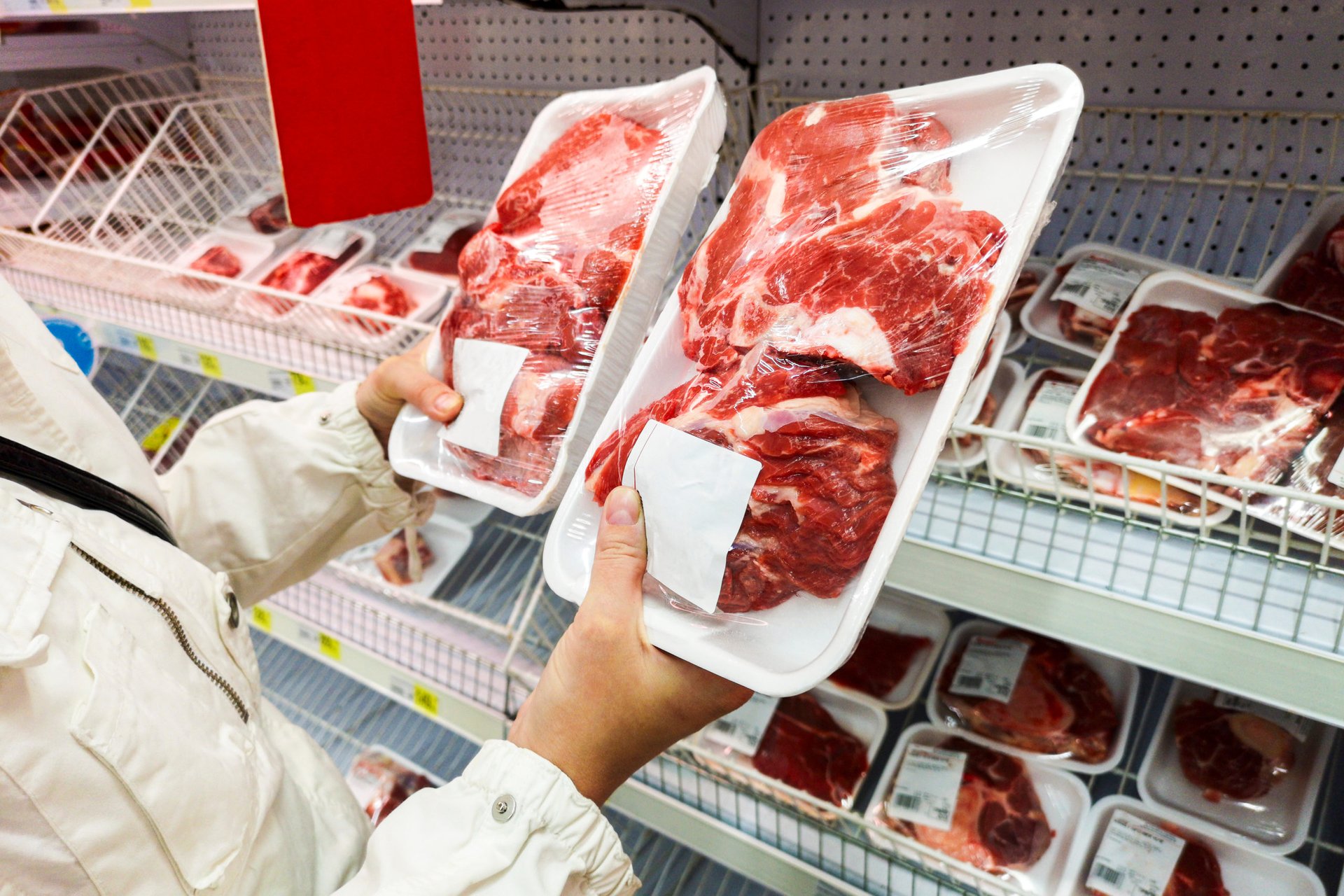
Can’t find your favorite cuts of chicken, hamburger and steak at the grocery store? Blame — what else? — the coronavirus.
As with toilet paper, people are buying more meat these days. Greater numbers of people are eating meat at home now that restaurants and schools are closed, The Wall Street Journal reports.
That surge in demand — coupled with the nationwide lockdown and an increase in sickness among meat-plant workers — has made it harder for meat plants to keep up. The newspaper reports:
“Those shifts are prompting some meat suppliers to reduce the range of cuts they sell to supermarkets. Others are repurposing meat that ordinarily would go to restaurants.”
In turn, some grocery stores are struggling to keep a variety of meats stocked, the Journal says. Such stores are now offering fewer selections of meat.
For now, the problem is not widespread. The Journal notes that U.S. meat supplies are high, mostly because so many restaurants have closed. But Mark Griffin, president of Midwestern grocery chain B&R Stores Inc., tells the Journal he remains worried:
“We are very concerned about fresh meat. We have fresh meat today, but there are indicators that it will be a problem in the future.”
Finding alternative sources of protein
If you cannot find your favorite cuts of meat — and are unwilling to switch to other types of meat — you still have alternatives to get the protein you need.
The Cleveland Clinic suggests the following sources of protein that are not meat-based. Protein amounts listed are for 1 half-cup unless noted:
- Edamame, fresh: 9 grams
- Lentils, cooked: 9 grams
- Split peas, cooked: 8 grams
- Greek yogurt, plain, fat-free: 11 grams
- Cottage cheese, 1%: 14 grams
- Egg whites: 13 grams
- Canned tuna, packed in water (3 ounces): 20 grams
It is recommended that you eat a little over 7 grams of protein for every 20 pounds of your body weight each day, according to the Cleveland Clinic. For example, a 140-pound person should eat at least 50 grams of protein per day.
Meat is not the only thing in short supply at the grocery store lately. If you can’t find a key ingredient at your local store — or if you simply don’t want to venture out during this time — you might find help in our story “9 Never-Fail Recipe Substitutions for When You Can’t Get to the Store.”





Add a Comment
Our Policy: We welcome relevant and respectful comments in order to foster healthy and informative discussions. All other comments may be removed. Comments with links are automatically held for moderation.